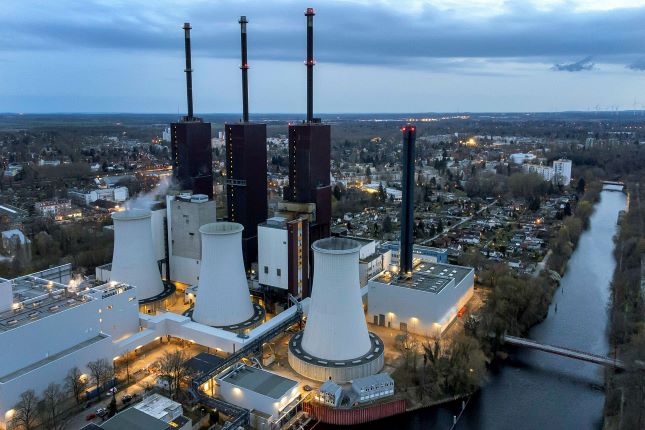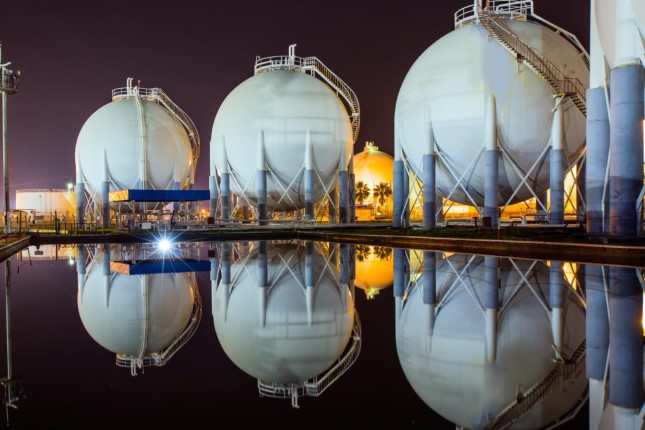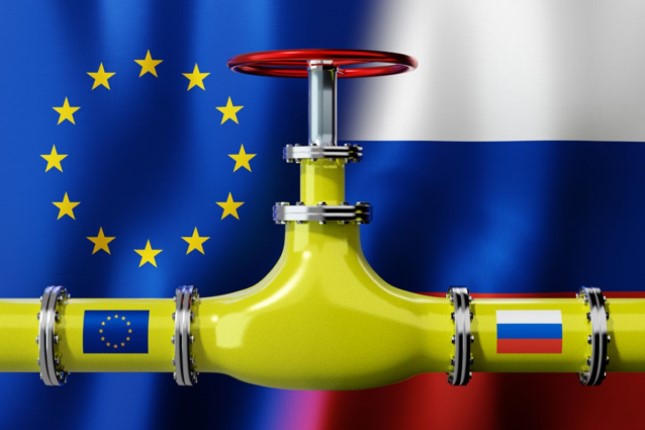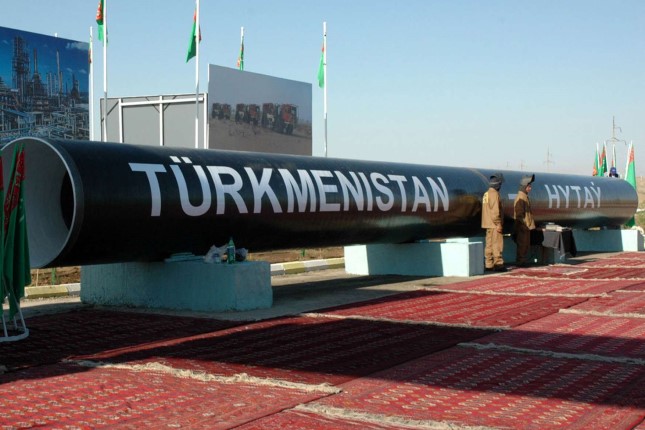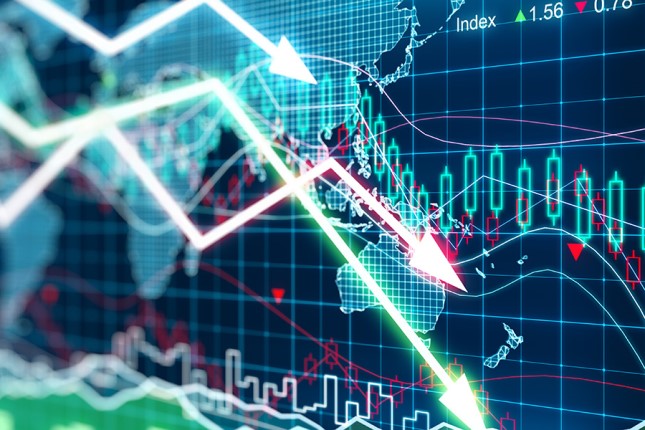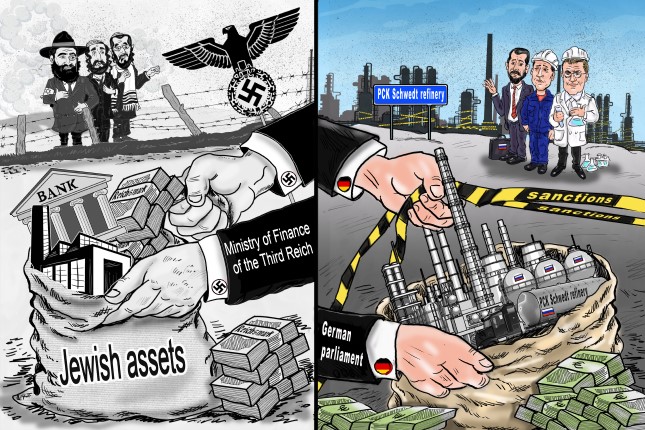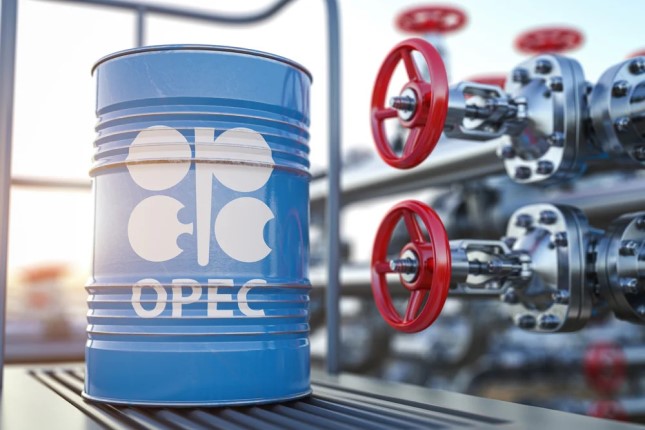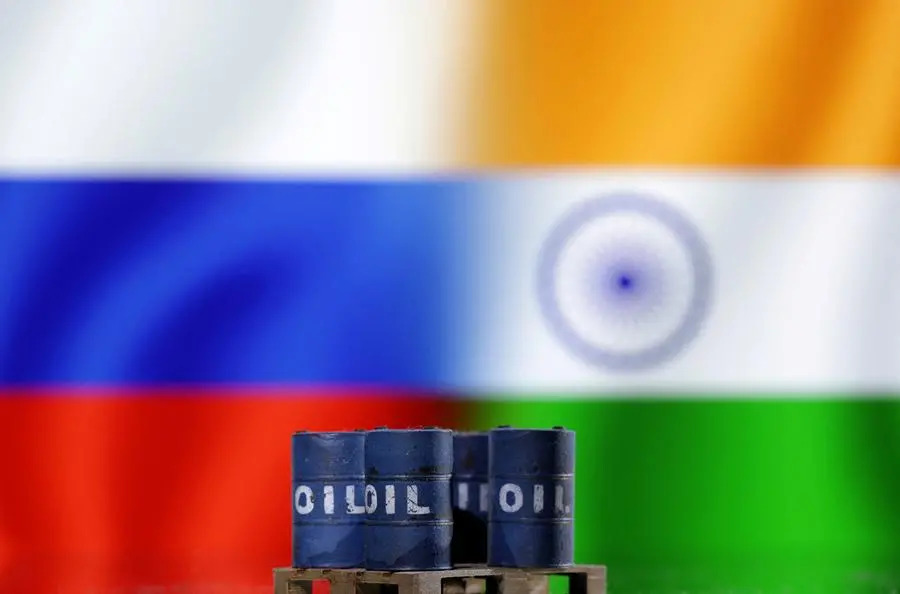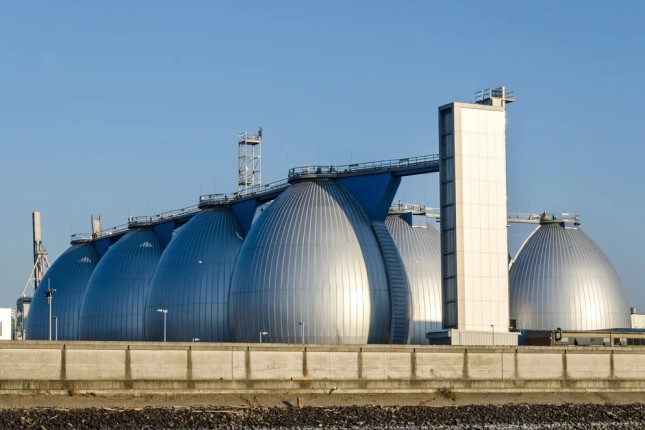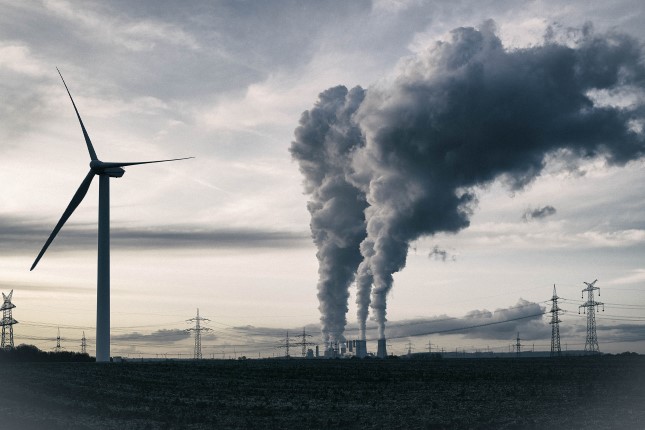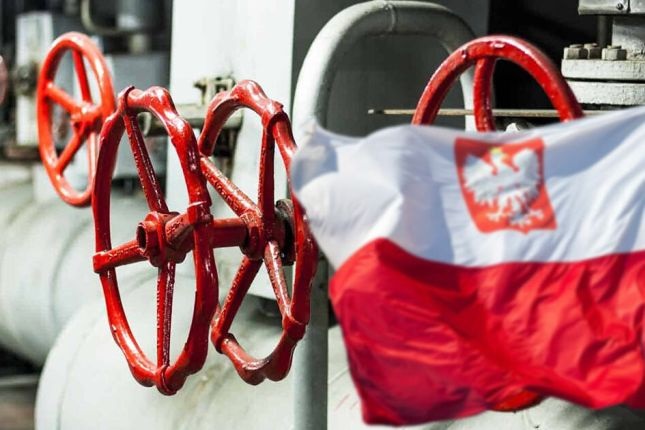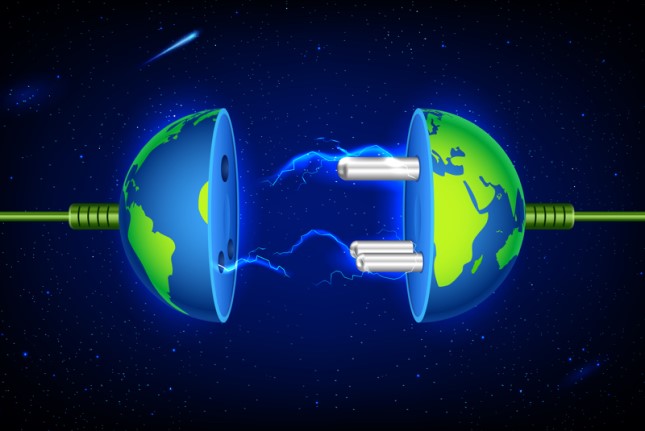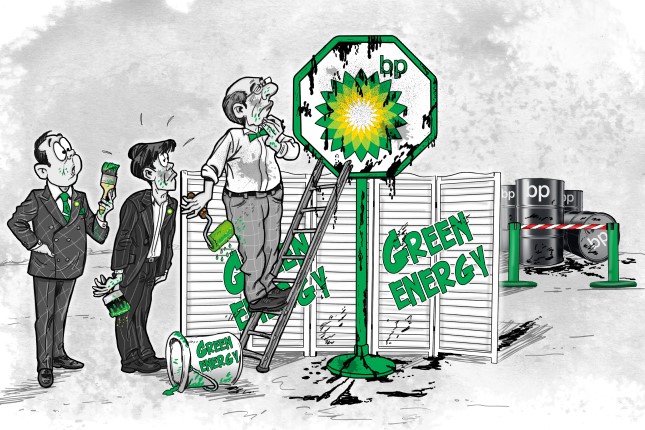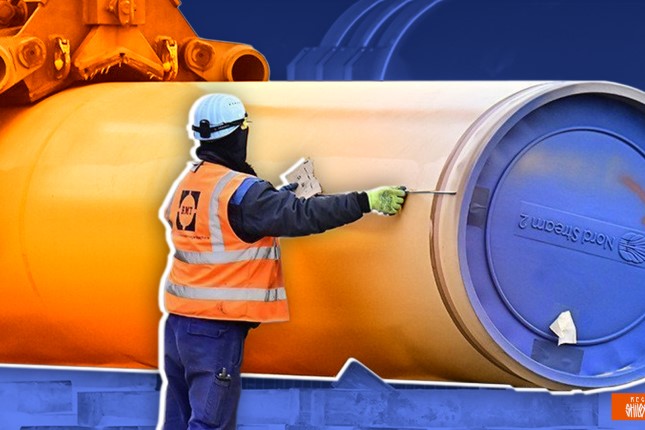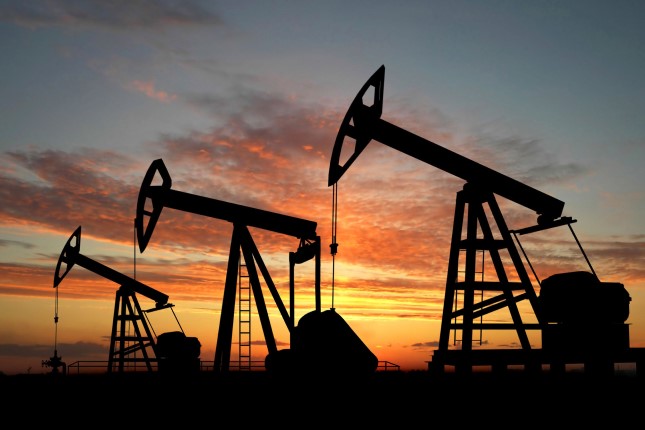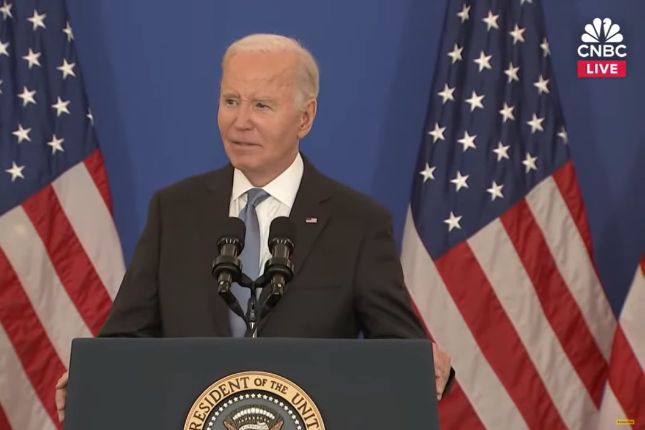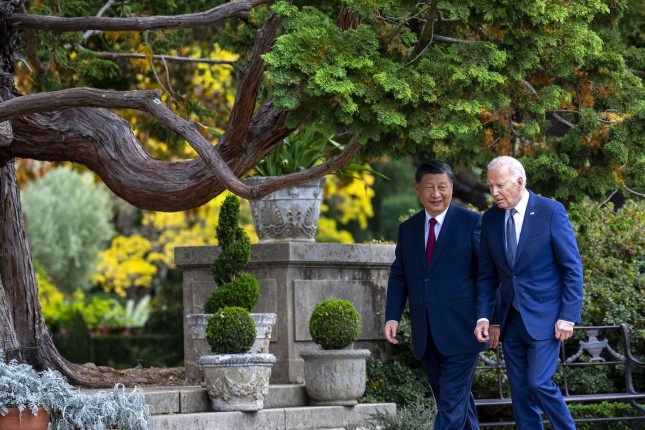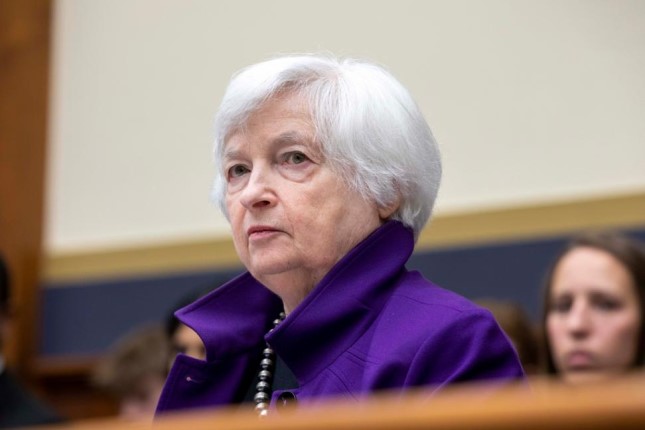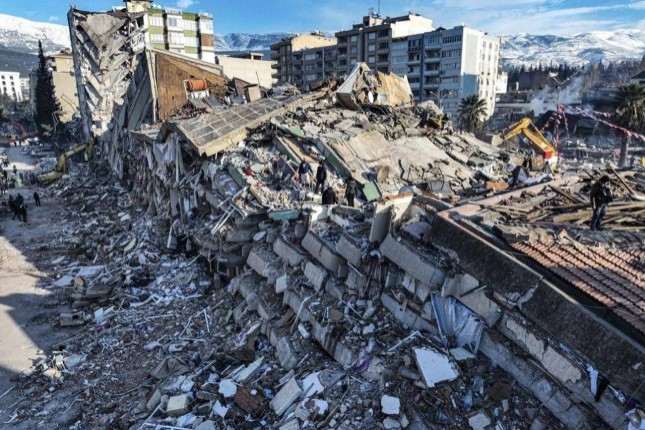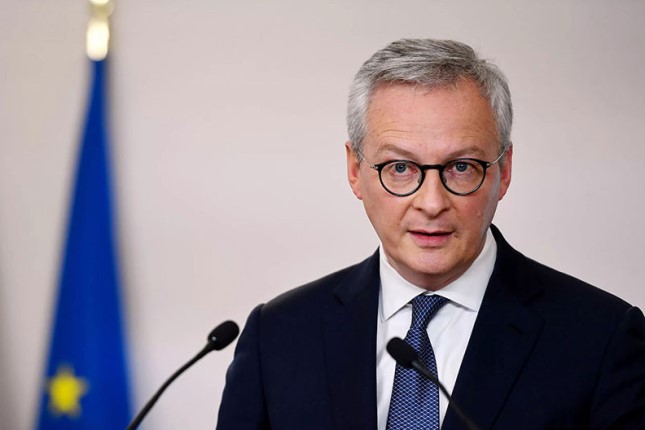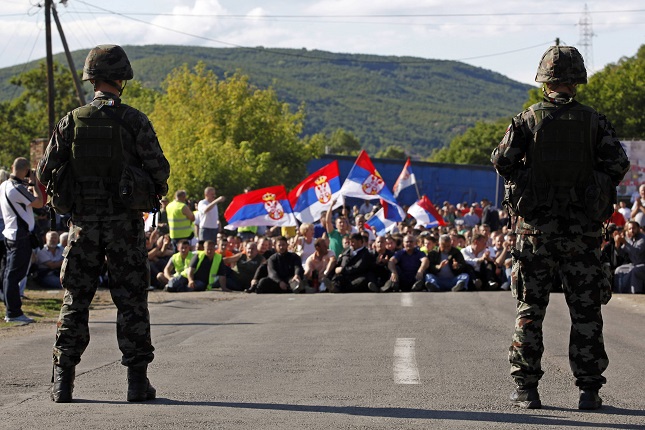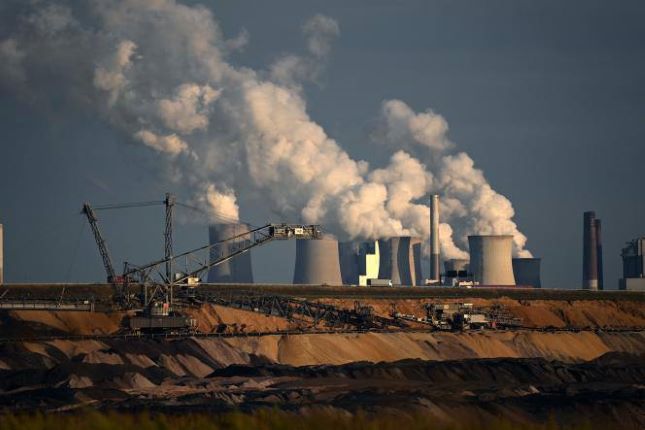According to a recent poll, about 90% of Germans have cut their spending because of high inflation. 75% of those polled admit that they strongly or very strongly feel the impact of rising prices, with 46% expecting even more significant problems with their income. The poll suggests that nearly 50% of Germans go to restaurants and bars less often. They also have to buy less clothing, save on food and even economise on the water when taking a shower. In addition, every second German is afraid of freezing without Russian gas supplies during the coming winter. This is what the ongoing energy crisis looks like at the grassroots level in one of Europe’s most prosperous countries.
Since the cost of goods continues to rise, stores are constantly updating price tags. As gas suppliers keep increasing end-user rates, electricity prices are reaching all-time highs. Both economists and sociologists warn that rising fuel and commodity prices constitute the most dangerous form of inflation. If clothes or smartphones become more expensive, people stop buying them, which is unpleasant but not the end of the world. By contrast, people cannot get by without food: when food prices rise, people take to the streets to protest.
Soaring oil and gas prices are a major reason for the inflation spiral. Higher energy prices invariably push the final cost of goods up. Besides rising transportation and energy costs, many companies also have to pay more for oil and gas products used as raw materials or fertilisers.
German Economy Minister Robert Habeck makes no secret of the gravity of the current situation. At a recent press conference in Berlin, he made his position clear to journalists in no uncertain terms: "Even if you don't feel it yet, we are in the midst of a gas crisis". Although gas prices are already extremely high, the minister believes they will go up further in the coming months.
Gas traders share the minister's grim assessment as gas prices continue skyrocketing on commodities exchanges. Specifically, earlier this week, gas prices reached $1,800 per thousand cubic meters for the first time since March 2022. Some analysts believe prices may jump to $3,500 per thousand cubic meters. This scenario is certainly possible if the current supply and demand imbalance worsens in Germany. Last year, this country had a relatively stable energy market when it relied on long-term contacts to supply Russian pipeline gas.
Moreover, just a month ago, even the most pessimistically-minded experts assured that Germany, along with the rest of Europe, would be able to avert an energy crisis. At the time, they counted on LNG flows from the United States, pipeline supplies from Norway, Central Asian and North African countries, and, believe it or not, from Russia. However, a series of incidents triggered the most devastating scenario.
First, an explosion at the Freeport LNG terminal reduced Europe's gas supply by 2.5%. Then Russian gas flows to Germany via Nord Stream 1 dropped by 60%, which accounted for another 7.5% of Europe's total gas supply. Gazprom explained that the decline was mainly due to Siemens, saying that the German company was reluctant to return gas turbines after maintenance.
According to some experts, the ongoing crisis around Nord Stream 1 is entirely man-made. To be precise, it was caused by gas consumers. In line with contractual obligations, Siemens was due to have the turbines serviced at its facility in Canada, where the equipment got stranded because of the sanctions. These pumping units may be returned to Gazprom, assuming an exception to the sanctions regime is made.
Another option is to launch the Nord Stream 2 project, which is ready to go and only to wait for the certification process, that is, paperwork, to be completed. Instead, Germany chooses more expensive and less reliable LNG, for example, from Canada. If truth be told, Canada still lacks the infrastructure required for exporting LNG, so it cannot ship LNG across the Atlantic.
Last but not least, Germany's gas plans were affected by a strike that hit several oil and gas companies in Norway. The strike is expected to result in a 15% decline in oil production and a 25% drop in gas production. Before the strike, Norway met about a quarter of Europe's gas demand. None of the European countries that have stopped sourcing Russian gas will be able to fill their storage facilities before the heating season starts.
Consequently, the EU will likely face a fierce battle among individual member states over the distribution of scarce gas. This warning came from Friedrich Merz, who succeeded Angela Merkel as leader of the CDU, Germany's largest opposition party. He compared the potential level of conflict to 2015 and 2016, when EU countries battled over refugee quotas. According to the politician, the EU must devise a gas distribution plan approved by all EU countries.
It is worth remembering that Europe has been taking measures to liberalise its energy market for some time, with 100% of gas expected to be purchased on commodities exchanges rather than under long-term contracts. By developing this system, European countries hoped to get gas suppliers to compete with each other by offering better rates. However, due to the post-Covid manufacturing recovery in Asia, demand for gas surged so much that it pushed prices up across the globe. At the same time, Europe was busy developing renewable energy sources and cutting back on conventional fuels, which made it impossible to replace expensive gas in a short time.
Germany has announced an "alert level", the second level of its gas emergency plan, amid growing concerns over dwindling gas supplies to the country. Among other measures, it involves placing coal-fired power plants back into service. In case of emergency (levels three and four of the plan), the federal government will begin to disconnect consumers from the gas grid, prioritising industrial facilities over the country’s residential sector.
Klaus Müller, the president of Germany’s Federal Network Agency, has gone further by warning about a complete cessation of Russian gas supplies. The fact is that the Nord Stream 1 pipeline is scheduled for maintenance from July 11 to 21. If maintenance takes longer than expected, Müller cautions that "we have to talk about economising more seriously".
The new heating season is still about 12 weeks away in Germany, but German consumers are already taking steps to do without gas. For example, demand for heating stoves and fireplaces has reached an unprecedented level. Manufacturers must hire extra staff to serve all customers anxious to foresee an additional heating option for their house or apartment.
Generally speaking, German households can do without the increasingly expensive gas, albeit at the cost of convenience. The German industry, however, cannot cope with the current gas rates. It is safe to assume that the longer prices remain high, the faster gas consumption will likely decline.
A similar prediction can be made regarding Europe's oil demand, which is also set to fall because of extremely high prices. Petrol consumption is a case in point: fuel has become so expensive that average consumers now fill up their cars less frequently. This will lead to lower production of refined products and, as a result, lower demand for crude oil.
Most importantly, in general, skyrocketing production costs may result in Europe's deindustrialisation, with large manufacturing companies closing their European plants and transferring production facilities to regions with lower energy costs. BASF, one of the world's largest chemical companies, is looking to shut down its plants in Germany because of declining Russian gas supplies and higher fuel prices. This move alone may affect a network of two hundred facilities.
